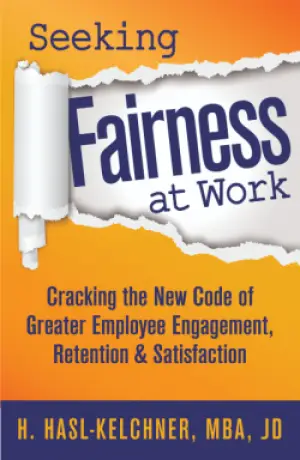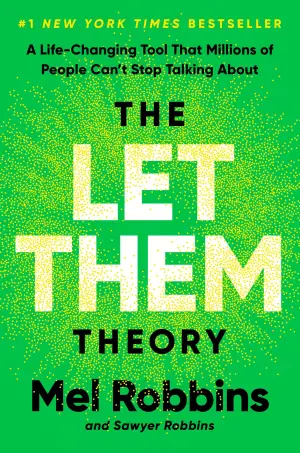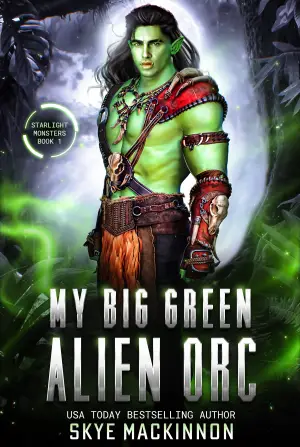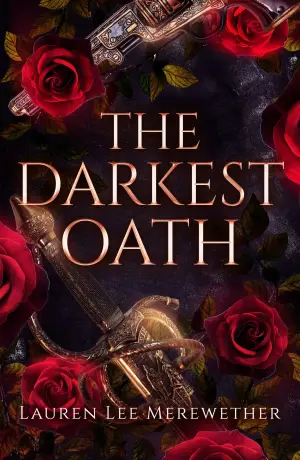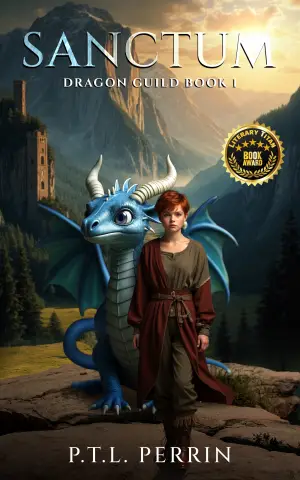Personal Reflection on Point of Retreat
When I first picked up Colleen Hoover’s Slammed, I was swept into the emotional whirlwind of Will and Layken’s passionate story, despite the few frustrations I encountered along the way. So, naturally, I found myself intrigued when I discovered that a sequel, Point of Retreat, existed. I was ready to dive deeper into their lives, albeit with a little trepidation, given that sequels often tread murky waters. Alas, Point of Retreat ended up being a disappointing rehash of themes and conflicts I found tiresome rather than intriguing.
A Familiar but Frustrating Landscape
Set against the backdrop of new challenges and responsibilities, Point of Retreat chronicles the aftermath of Will and Layken’s earnest love story. The novel’s main conflicts revolve around two repetitive and, frankly, annoying premises: Will and Layken’s overly drawn-out decision about intimacy and the resurfacing of Will’s conniving ex-girlfriend. It’s like Hoover pulled from a shelf of tired tropes when attempting to inject drama into their relationship, and it left me rolling my eyes more often than not.
Will’s promise to Layken’s late mother that they wouldn’t engage in physical intimacy for a year comes off as absurd, and it stretches credulity. This narrative device feels like an unnatural barrier to a relationship that was characterized by growth and maturity in the first book. I couldn’t help but wonder: didn’t Julia, Layken’s mother, trust her daughter to navigate her relationship with Will? It felt unreasonable and disrupted the character development established in Slammed.
Additionally, the clichéd “evil ex-girlfriend” angle added absolutely nothing new to the table. Instead of offering substantial conflict, it felt lazy and simplistic, like a plot device pulled straight from an older teen drama.
Writing Style and Narrative Voice
While Hoover’s prose is usually engaging, Point of Retreat suffers from an uncomfortable attempt to present a male perspective through Will’s eyes. Instead of being authentic, his voice often felt more like a high school drama student trying to find the right words for their monologue on love. The balance of romantic intention and awkward execution kept pulling me out of the story. For example, there are repeated instances where Will reflects on his yearning for Layken in a language that’s more cringe-worthy than swoon-worthy.
Again, I found myself wanting to shake both characters and say, “Grow up!” Their immature decision-making and melodramatic approaches detracted from the genuine relationships I had enjoyed in the previous book.
A Mixed Bag of Characters
Supporting characters also disappointed me. While I appreciated the introduction of a quirky neighbor girl who injected some much-needed humor, it felt like a flimsy addition to an otherwise lackluster storyline. Eddie, my favorite character from Slammed, was given a baffling regression, which was both frustrating and disheartening.
Conclusion: A Missed Opportunity
If you enjoyed Slammed despite its flaws, I’d advise setting aside Point of Retreat. This sequel lacks the engaging qualities that made the first installment memorable. With its tired plotlines and a regression in character depth, it feels less like a continuation of a beloved story and more like an unnecessary repetition.
In the end, perhaps those deeply invested in Will and Layken’s universe might find something to grasp onto—after all, sometimes readers are willing to abide flawed narratives for the sake of characters they love. However, for anyone seeking genuine growth and thought-provoking conflict, this particular installment may not satisfy.
If you’re after authentic character journeys and real-world struggles, I suggest enjoying the filled-with-promise conclusion of Slammed and leaving it there. Sometimes, less really is more.
Discover more about Point of Retreat (Slammed, #2) on GoodReads >>



